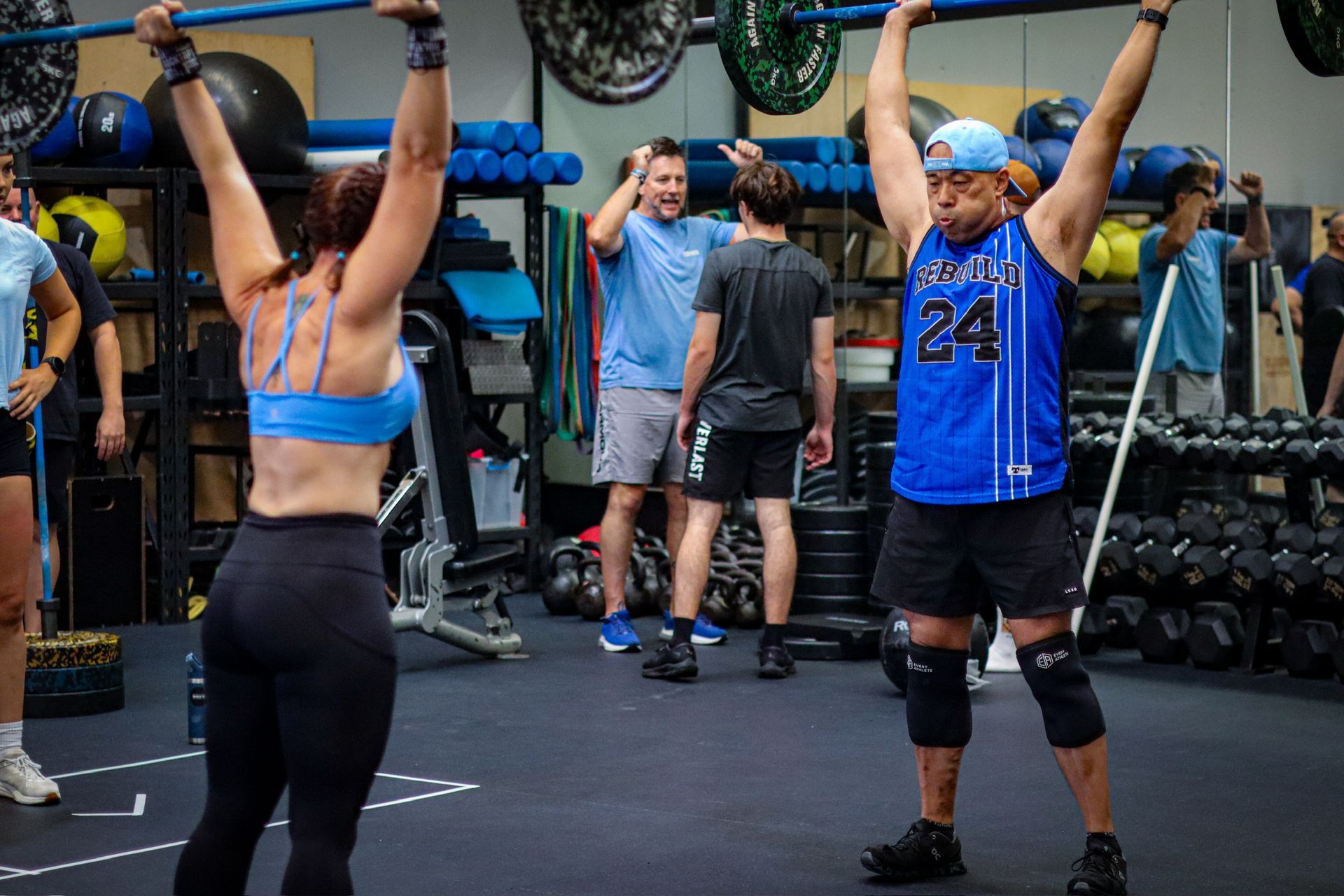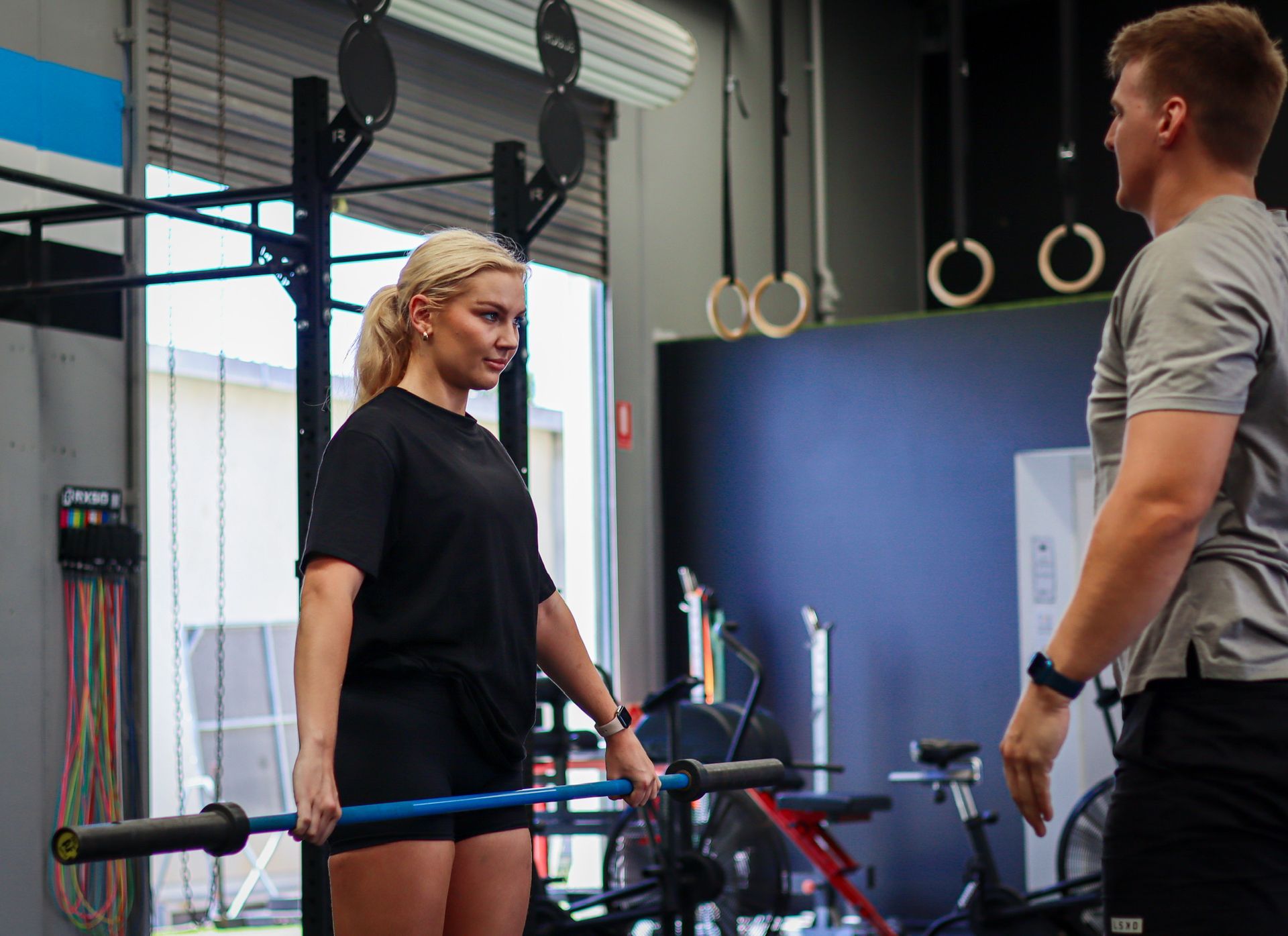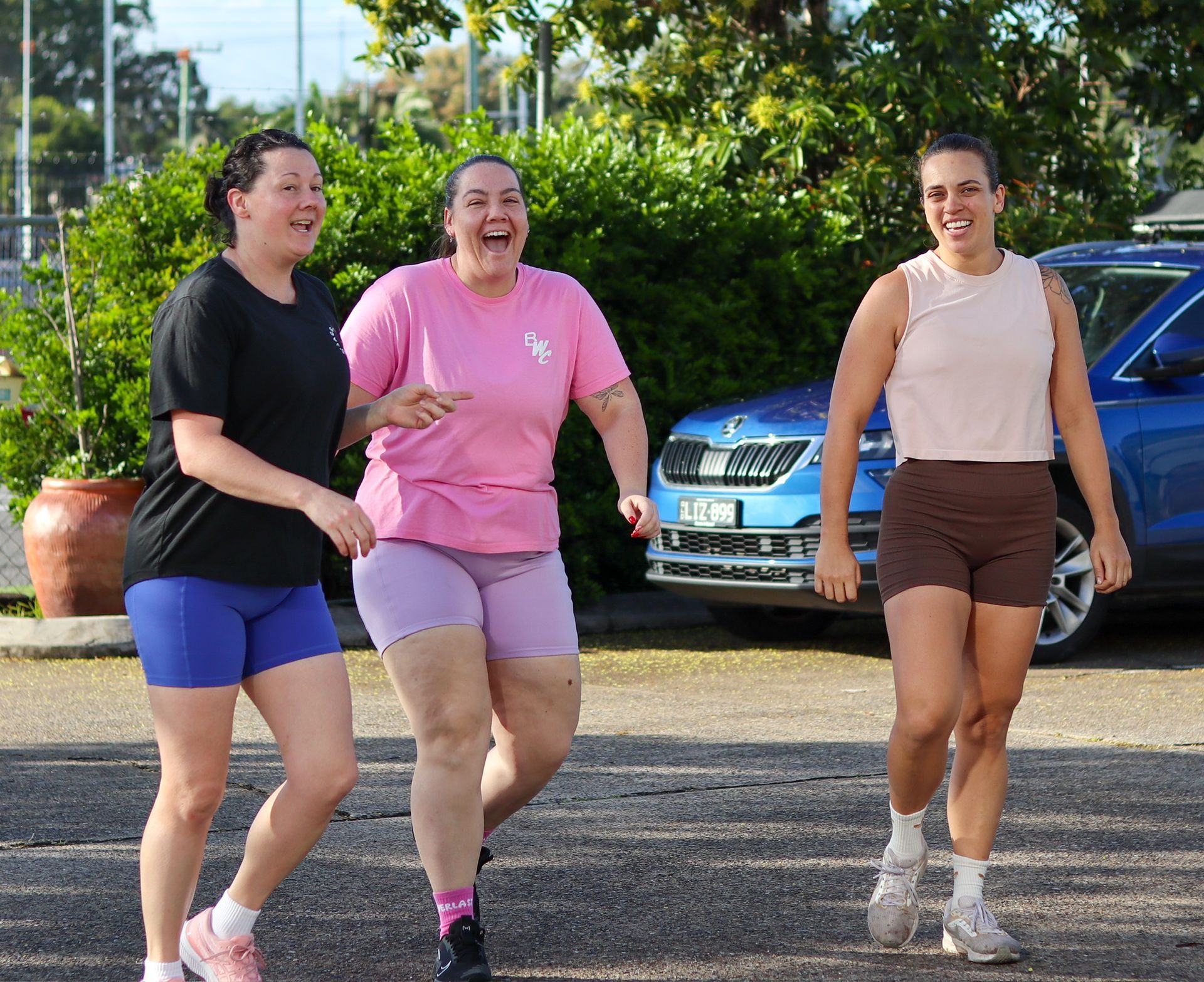What is Physiotherapy?
Be wary of claims such as “needling promotes healing” or “regular manipulation is required to maintain spinal alignment.” I won’t dispute that these things can decrease pain in the short term, however they are NOT necessary for recovery from an injury.What is physiotherapy? A valid question. If you asked ten people, you’d get a variety of answers. While I believe most people have some idea of what we do, I’d love to use my first blog for Rebuild to define the job more clearly and clear up some very common misconceptions.The Australian Physiotherapy Association defines the role as follows:“Physiotherapists help you get the most out of life. They help you recover from injury, reduce pain and stiffness, increase mobility and prevent further injury. They listen to your needs to tailor a treatment specific to your condition. As first contact practitioners, you don’t need a doctor’s referral to see a physiotherapist. Physiotherapists, doctors, and other health professionals will often work as part of a team to plan and manage treatment for a specific condition.”To put it very simply, Physiotherapists manage movement disorders of the human body including musculoskeletal injuries and neurological conditions. We also have a role in hospital or community settings treating cardiorespiratory conditions and aiding in management post-surgery or of chronic disease. As a musculoskeletal based private physio my caseload is entirely injuries or mobility issues.It is important to understand that the term “Physiotherapy” refers to a profession, not a specific treatment. Physios use a variety of treatment techniques such as:Advice and education on the patient’s condition, activity modification and self-management strategies to aid in recovery.Rehabilitation programs aimed at improving tissue capacity, strength and/or mobility.Pain management techniques such as joint mobilisation, manipulation, massage and dry needling or acupuncture.The available scientific evidence shows that a combination of advice/education and exercise is the most effective strategy for management of pain or injury.Other techniques listed above may have evidence for short term pain reduction, but do not truly speed up the recovery process for any injury. Think of taking Panadol: it may help with pain in the short-term but did not actually treat the issue.High-value physiotherapy care is therefore centred on gaining an understanding of your problem and creating strategies you can use yourself to get better. The human body has an incredible ability to adapt to or recover from stressors, our job is to facilitate this through a good plan rather than simply fix the issue and send a person on their way.Be wary of claims such as “needling promotes healing” or “regular manipulation is required to maintain spinal alignment.” I won’t dispute that these things can decrease pain in the short term, however they are NOT necessary for recovery from an injury.The old mantra of “no pain, no gain” should not apply following these treatments. Some pain during a session of massage or needling is probably OK if you leave feeling better. If you leave in more discomfort afterward, particularly if its long-lasting, the treatment has failed to serve its only purpose and has NO VALUE to you as a patient.Pain is a complicated experience. It can be caused by far more than just damaged tissue in the area it is felt. To put it simply, it is your nervous system’s way of telling you that it finds something in the area threatening to you. It is a normal and vital part of life and does not always mean that you should stop activities that you enjoy.A Physio will take a thorough history and assess the issue to give you a plan to build back to doing the things you love.At Rebuild, we have a great team of coaches who are in constant communication about any members with physical issues. A big part of my role is to scale programming for people in pain to keep them working hard in class while performing extra rehab to achieve their goals.If you have an injury preventing progress and you’re tired of working through or around it, I would be more than happy to help.Louis Savill (Physiotherapist)
Previous Blogs




